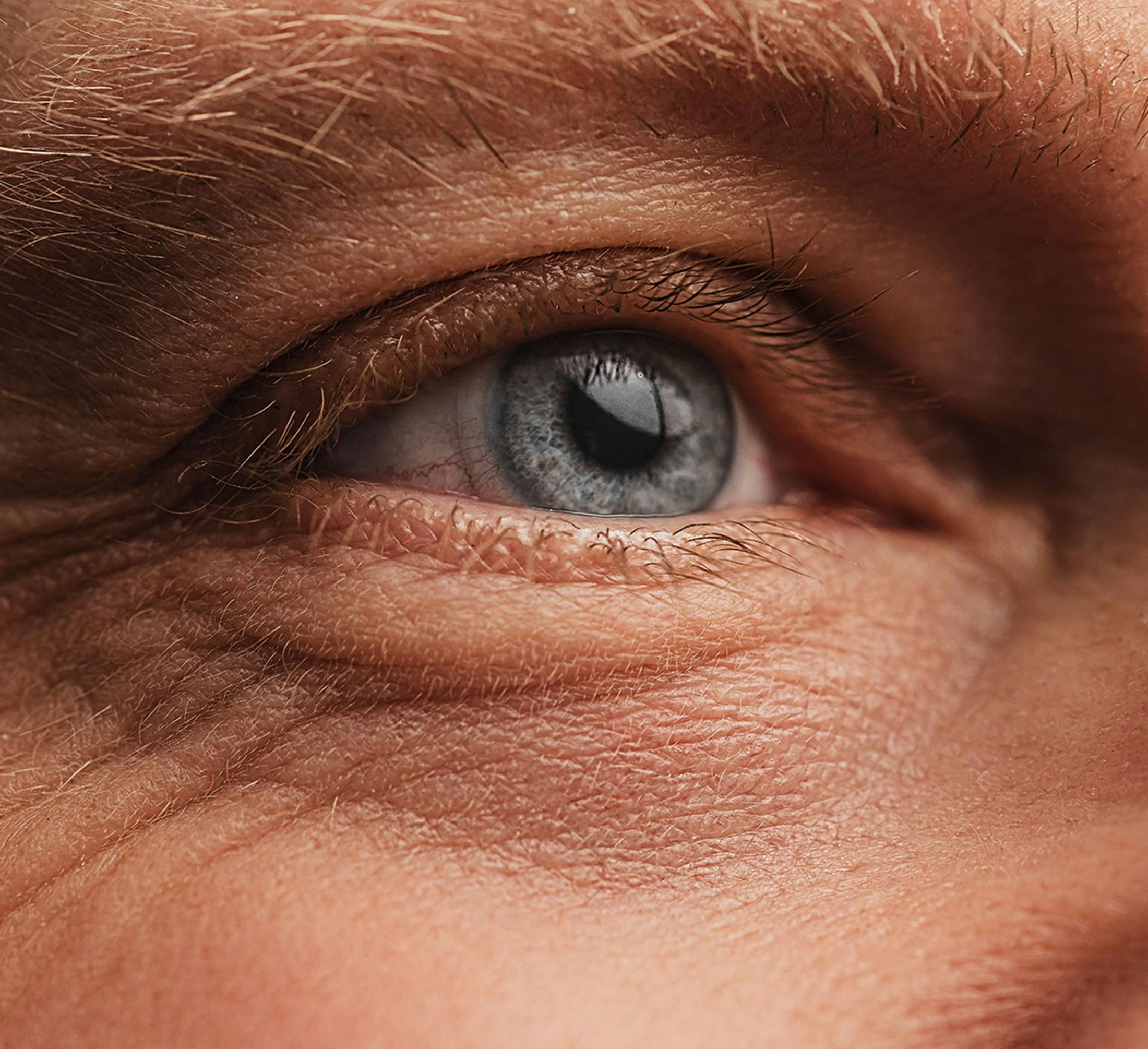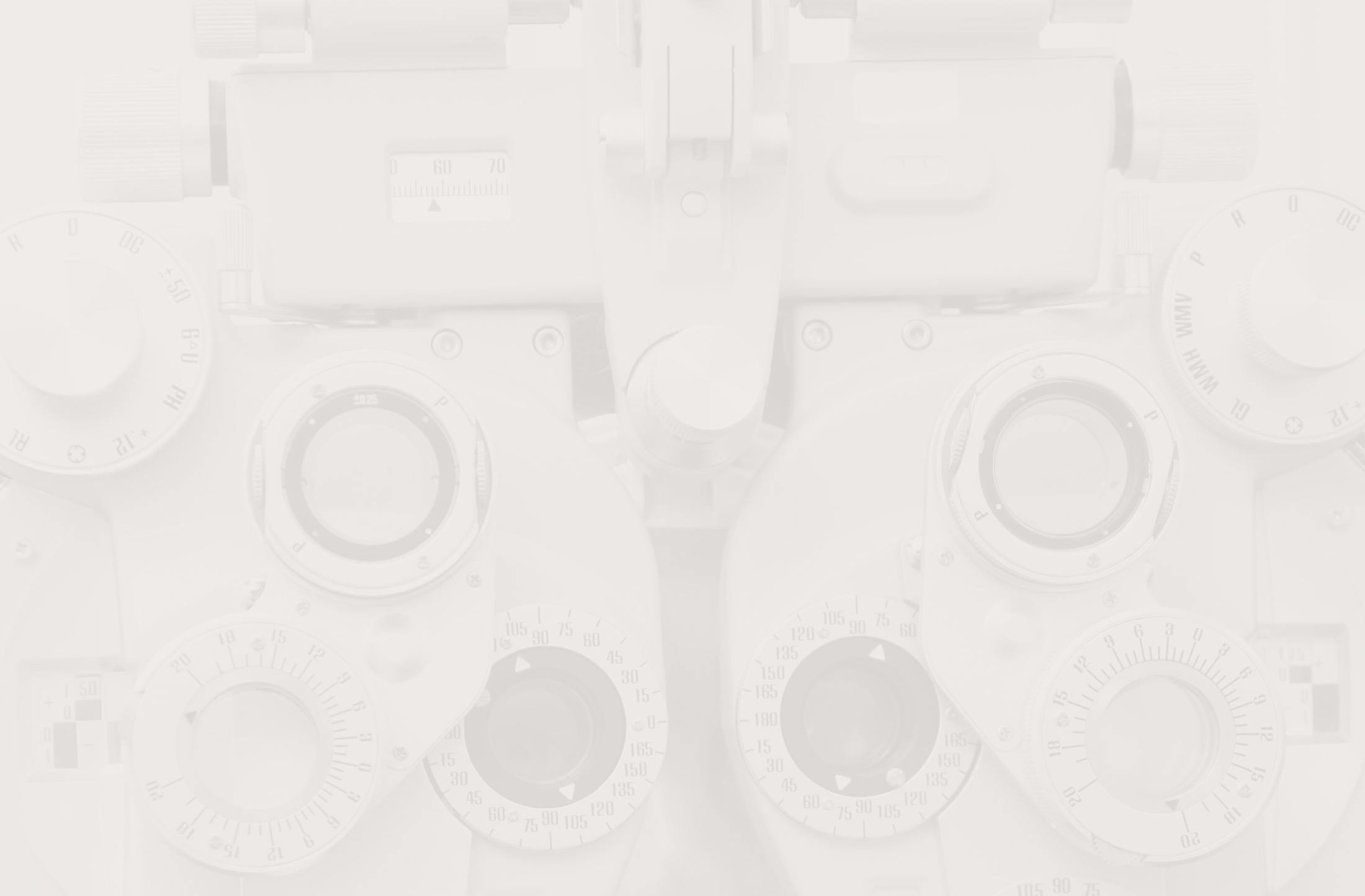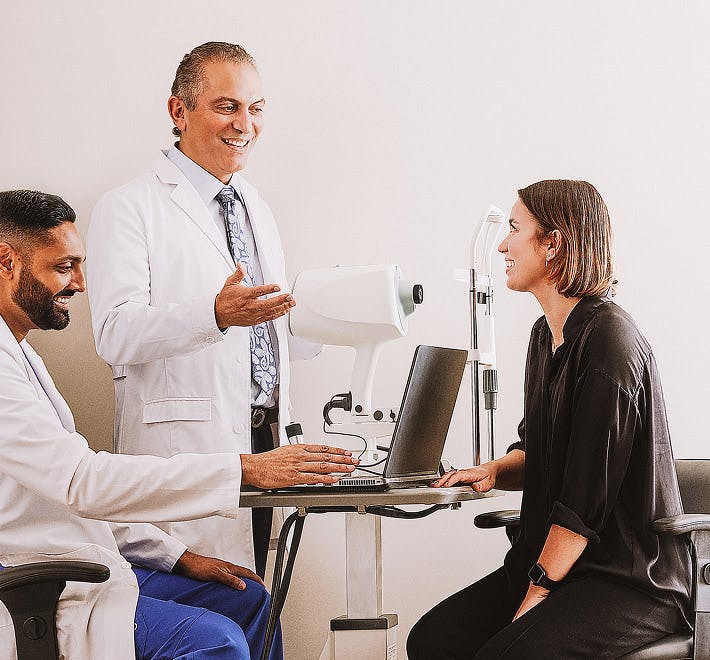Protect your central vision and maintain a vibrant lifestyle with proactive, precision-led AMD care from an internationally trusted expert.
What Is Age-Related Macular Degeneration?
Age-related macular degeneration (AMD) is a progressive eye condition that damages the macula, a small but crucial area at the retina's center. This portion of the eye is essential for tasks like reading, driving, and recognizing faces, as it provides high-resolution central vision. AMD occurs in two main forms: dry (atrophic) and wet (neovascular).
Dry AMD, the more common variant, involves the macula gradually thinning over time, often accompanied by tiny deposits called drusen. Wet AMD, on the other hand, develops when abnormal blood vessels grow beneath the retina and leak fluid or blood, leading to faster and more severe vision changes. Left unchecked, AMD can make everyday activities increasingly difficult.
Early detection and consistent monitoring are vital, as intervention strategies may significantly slow the progression and preserve the quality of your central vision. While there's no one-size-fits-all cure, modern treatments and lifestyle adaptations can dramatically help individuals retain functional eyesight.











